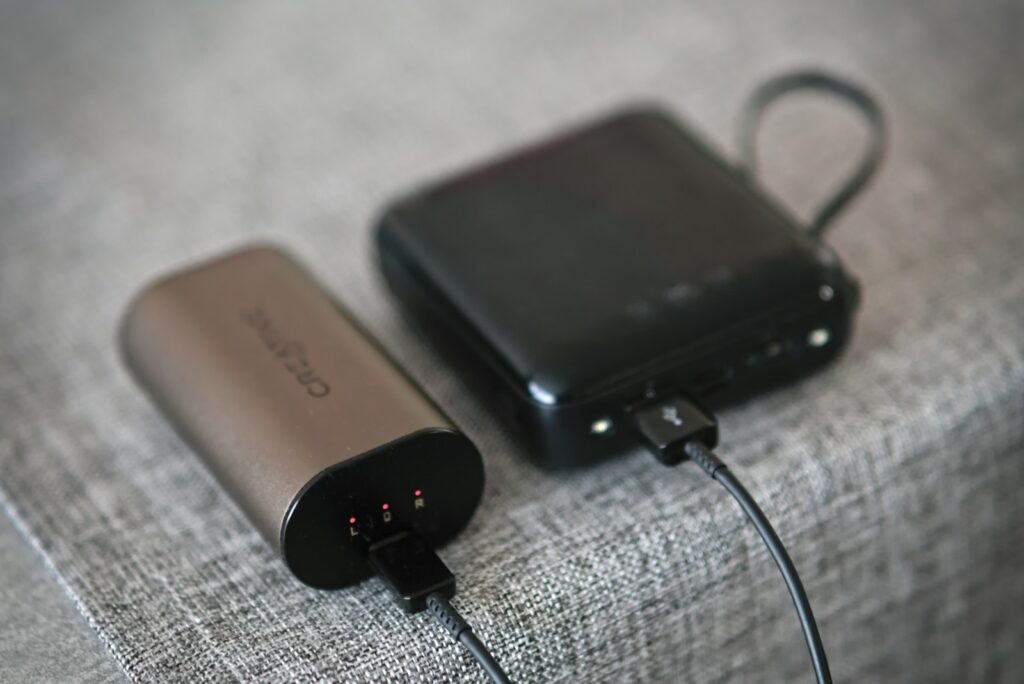Wearable tech is everywhere these days, from slim fitness bands to full-featured smartwatches. Both promise to help you stay connected and healthier, but they aren’t the same thing.
If you’re trying to decide which one makes sense for your lifestyle, the choice comes down to how much functionality you want and how much you’re willing to spend.
Let’s review how fitness trackers and smartwatches differ, the strengths each has, and how to determine which choice is best for you.
What a Fitness Tracker Does Best
Fitness trackers primarily focus on health. They’re designed to track your steps, monitor your heart rate, count calories burned, and sometimes measure your sleep. Many are slim, lightweight, and designed for all-day comfort, making them an excellent option for individuals who primarily want to track their health data without distractions.
They also tend to be more affordable, often starting at under $100. That makes them accessible for beginners who want a nudge to move more during the day. If your main priority is fitness tracking without extras, a band is usually all you need.
See Smartwatches for Beginners: What’s Worth Paying For for more on entry-level features.
What Smartwatches Bring to the Table
Smartwatches combine fitness features with smartphone-like tools. In addition to tracking your activity, they allow you to see notifications, reply to texts, make calls, and even use apps directly on your wrist. Some models also include GPS for outdoor workouts and support for music streaming or contactless payments.
This “all-in-one” approach makes them more versatile, but also bulkier and more expensive. For someone who wants a wearable that can double as a mini phone, a smartwatch is the clear winner. It’s not just about fitness—it’s about convenience in daily life.
To see how other everyday tech compares, check out Noise-Canceling Headphones Without the Confusion.
Comparing Battery Life and Ease of Use
One of the most significant differences between the two is battery life. Fitness trackers can often last a week or more on a single charge. Smartwatches, on the other hand, typically require charging every one to three days, depending on their usage level.
Ease of use is another factor. Fitness trackers are usually simple: one screen, limited functions, and quick syncing with your phone. Smartwatches require a little more setup and attention, but reward you with a broader range of capabilities.
Which One Is Right for You?
- Choose a fitness tracker if your top priority is health data, you want a lightweight device, and you prefer long battery life at a lower price.
- Choose a smartwatch if you want notifications, apps, payments, and more robust workout tools in addition to fitness tracking.
Your choice comes down to whether you want a single-purpose tool or an all-around companion. Neither is “better”—they’re just made for different needs.
See Are Premium Earbuds Worth It? to learn how tech purchases balance cost and features.
Summing It Up
If you only care about tracking your health habits, a fitness tracker will do the job simply and affordably. If you want a wearable that keeps you connected, organizes your day, and acts like a mini smartphone on your wrist, a smartwatch is worth the upgrade.
Regardless of which one you ultimately choose, don’t focus solely on the price tag. The right choice depends on your priorities.




